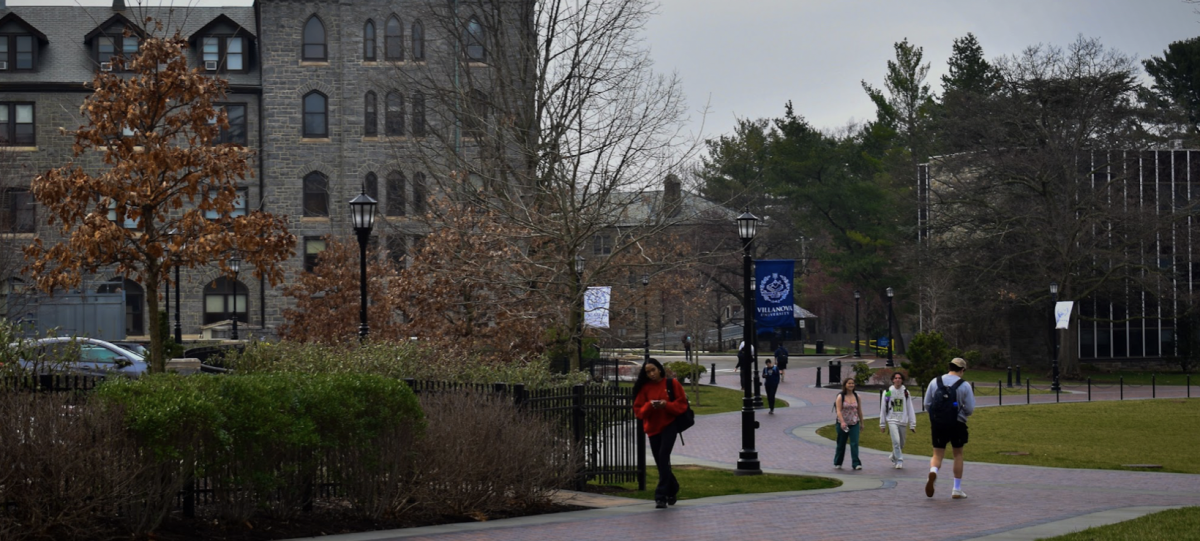It’s been a hard day of classes. A hard week, at that. What’s the best way to unwind? Odds are, it includes some form of technology, a snack and the comforting embrace of a bed.
There’s certainly nothing wrong with taking some time to mentally reset. Alone time is necessary, especially for those who might be easily overstimulated or are in need of rejuvenation.
The problem lies, in my eyes, with the way that this time is being spent. Mindless scrolling and other technologically-related pastimes have eliminated “the hobby.”
Especially among younger generations, standard recreational extracurriculars have become obsolete, replaced by poor individualized substitutes. Book clubs became Goodreads. Scrabble became The New York Times Mini Games.
It’s certainly the easier option to reach for a phone rather than a sewing machine for stimulation, but is it the more rewarding one? Hobbies are how individuals develop a sense of self. Interests are what differentiate how someone is unique beyond their career or academic aptitude. Without them, humanity is doomed to a fate of loneliness and ubiquity.
Take, for example, the rapidly declining rate at which people engage in the practice of playing musical instruments. According to a 2017 article by The Washington Post, electric guitar sales have plummeted in the past decade, from 1.5 million sold annually to just over one million. People simply aren’t as interested in learning to play the instrument anymore.
Concedingly, not everyone who picks up a guitar will become a professional musician. But, why does a career always have to be the goal? The practice of playing an instrument is objectively therapeutic.
It allows for time spent with oneself, improves the memory and relieves stress. It can even provide valuable interaction with others if engaged in a group setting. These qualities are crucial to not only a strong sense of self, but a satisfying social life.
“I think it’s incredibly important to engage in activities for the sole purpose of having fun,” freshman Lily Lincoln said. “I’m in club pickleball with my friends, I like going to the gym and I read daily. It keeps my life interesting.”
Lincoln’s assessment aligns heavily with the Bowling Alone Theory, first penned by Robert Putnam. Putnam argued that Americans aren’t joining, as they once did, the groups and clubs that promote cooperation and social interaction. He hypothesized that this will inevitably lead to constant alienation, and ultimately, the demise of civic life as we know it.
Putnam’s Bowling Alone Theory is bleak, taking societal conditions to the extreme. Still, humanity is already seeing parts of his hypotheses come to fruition in real time.
According to a study conducted by neurology expert Johanna Goll, 10 to 50% of adults experience loneliness, with linkage to increased morbidity and mortality. Especially for college students, picking up a new hobby rather than spending all free time alone is crucial for prohibiting prolonged depression.
Engaging in recreational activity, whether independently or with a group, is crucial to bettering mental health. We must accept technology as a cultural norm, but also realize that a balance between screen-time and other extracurriculars is necessary.




